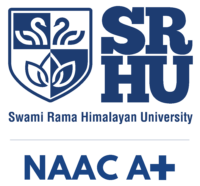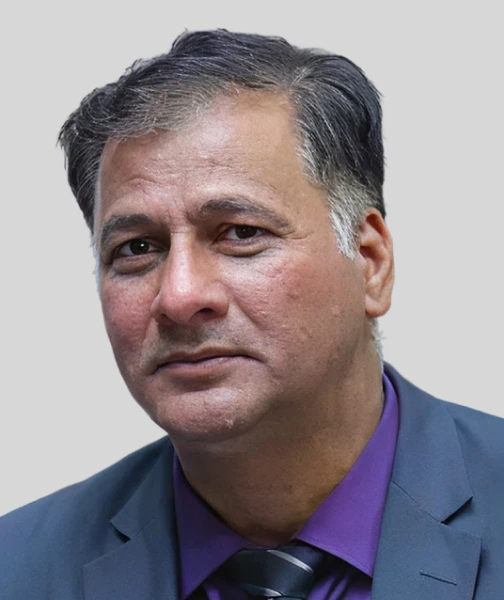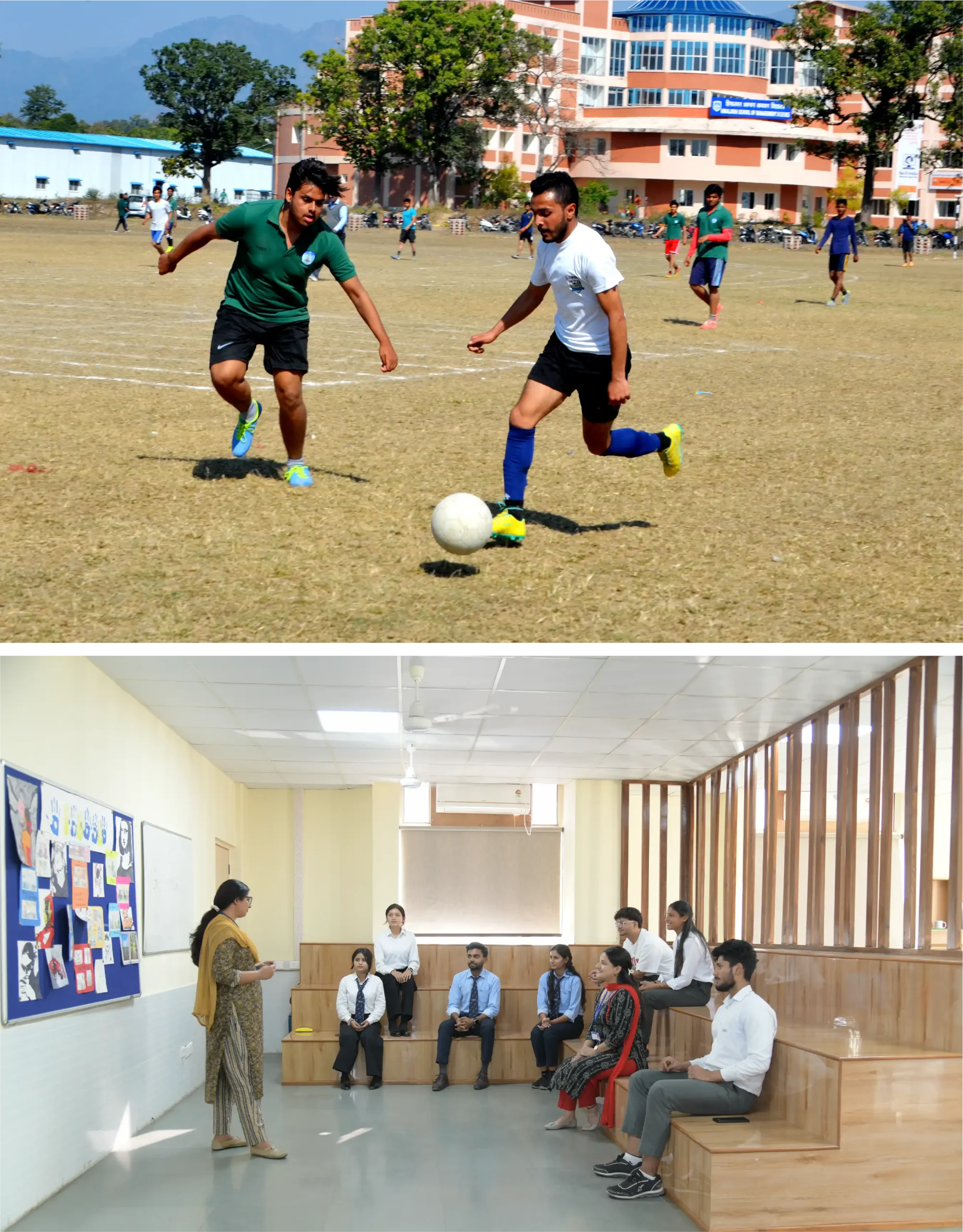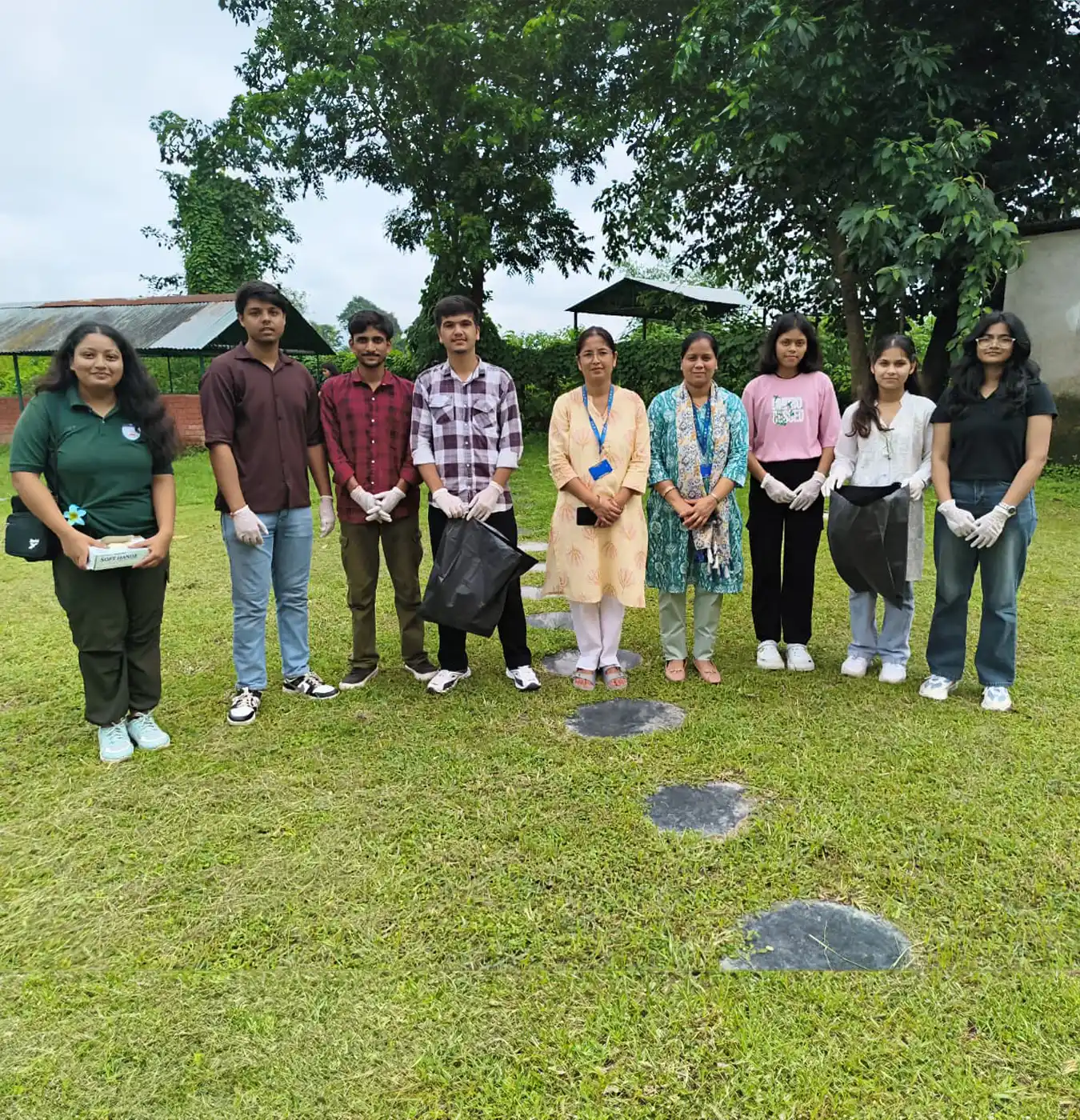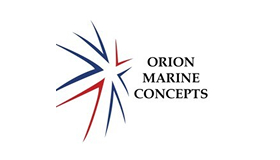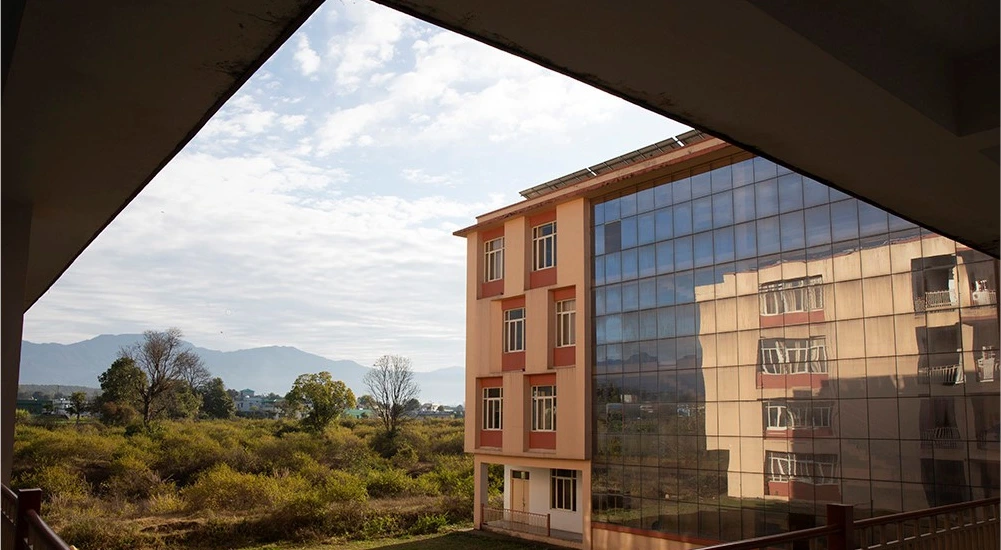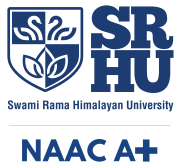School of Science & Technology New
September 30, 2025 2025-12-12 10:21School of Science & Technology New
School of Science & Technology
“Blending innovation with values, SRHU School of Science & Technology shapes curious minds into skilled, responsible professionals.”
The School of Science & Technology (SST) is committed to faming high standards of originality, encourage critical and creative thinking, and nurturing ambition and determination in the field of Science, Engineering and Technology. We are providing quality technical education infused with ethical values, tradition, and innovation.
Based on a strong applied sciences foundation, the connections between what students are taught in school and the real world from the classroom to the laboratory, from faculty to student, from student to student and from the campus to the workplace sets SST an enjoyable environment in which to study and learn.
At SST, learning goes beyond books and classrooms. In modern computer labs, students get hands-on experience with real projects, coding, and problem-solving. They work on practical tasks, research ideas, and tech-based community projects—helping them grow into skilled, responsible professionals ready for industry and society.
Read More
SRHU School of Science & Technology sets high standards of originality, encourages critical and creative thinking, and nurtures ambition and determination in the field of science, engineering, and technology. We are providing quality technical education infused with ethical values, tradition, and innovation. Based on a strong applied sciences foundation, the connection between what students are taught in school and the real world, from the classroom to the laboratory, from faculty to student, from student to student, and from the campus to the workplace make SRHU School of Science & Technology an enjoyable environment to study and learn.
At SRHU School of Science & Technology, learning goes beyond books and classrooms. In modern computer labs, students get hands-on experience with real projects, coding, and problem-solving. They work on practical tasks, research ideas, and tech-based community projects, helping them grow into skilled, responsible professionals ready for industry and society.
Highlights
Our Programmes
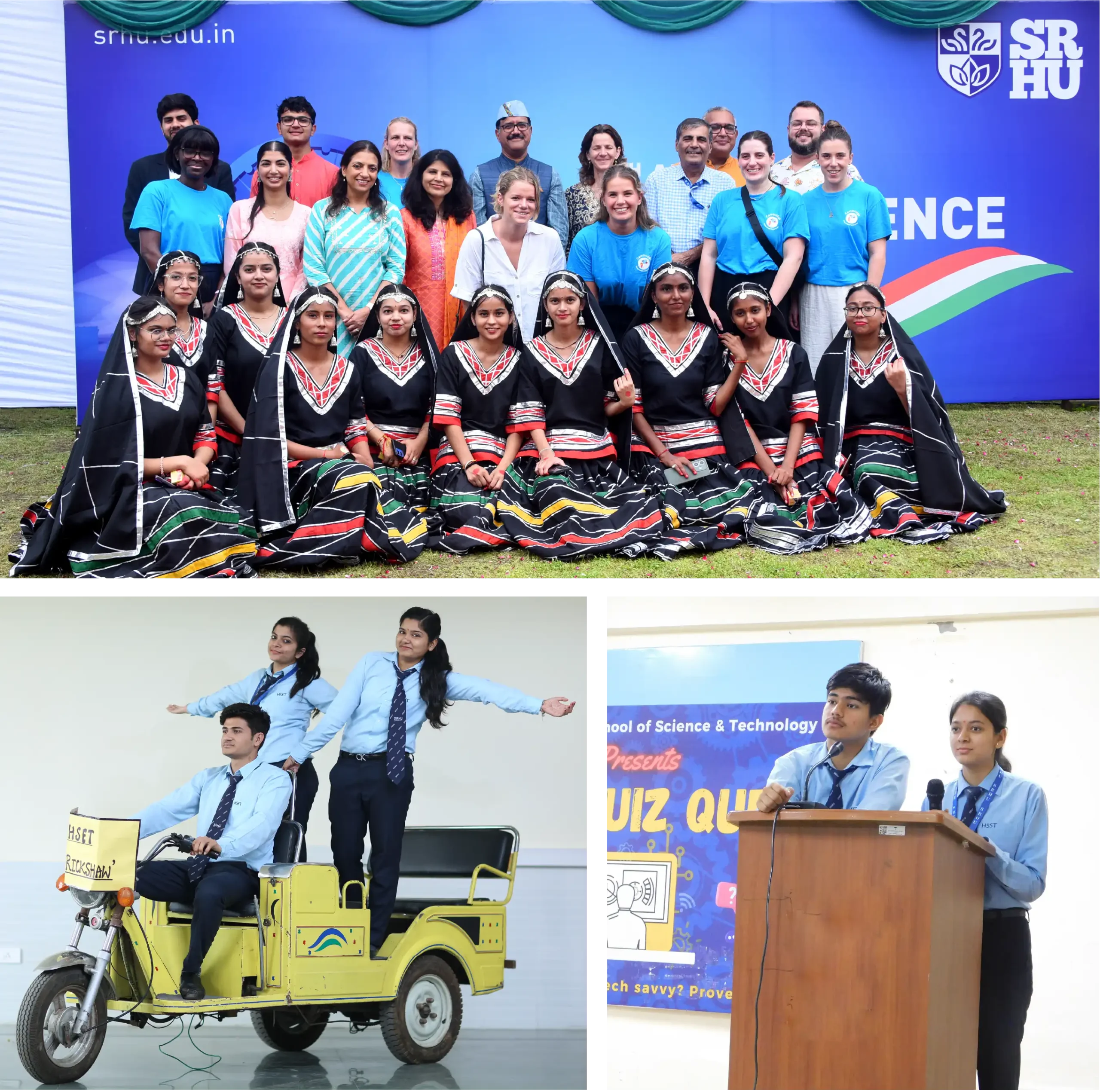
Activities
The School of Science & Technology creates a vibrant environment where academics, technology, and culture come together to shape well-rounded individuals. Students engage in hackathons, coding marathons, technical workshops, industry-driven projects, and expert talks that expose them to the latest in Computer Science and IT. Activities around AI, Machine Learning, Data Science, Cyber Ssecurity, IoT, and Cloud Computing ensure they remain future-ready and industry-relevant. Alongside academics, the school celebrates cultural festivals, creative competitions, and sports events that promote confidence, teamwork, and leadership. This seamless blend of cutting-edge technological education and rich cultural engagement equips students with both professional excellence and holistic growth.
Alumni



